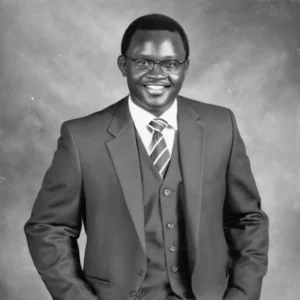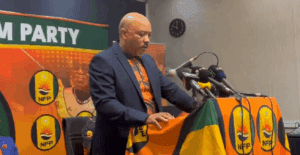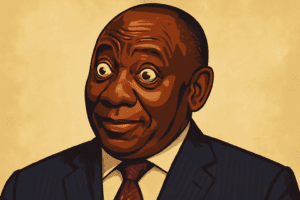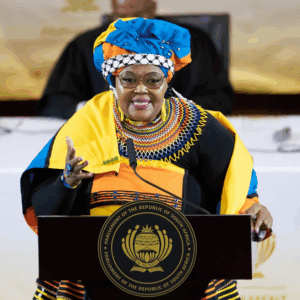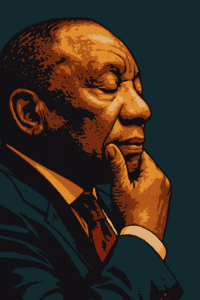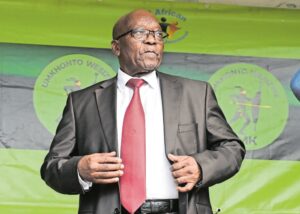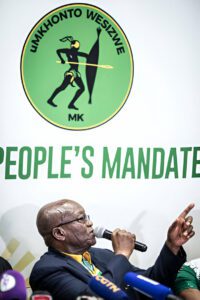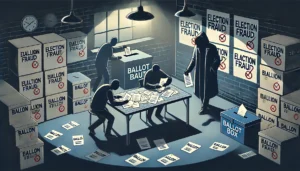The recent revelations surrounding Jabulani Khumalo, a founding member and deputy president of the uMkhonto we Sizwe Party, and the rape charges filed against him, have sparked intense debate within the party’s ranks. This discussion not only focuses on the serious nature of the allegations but also raises questions about his suitability for future parliamentary candidacy.
Jabulani Khumalo, who ranks immediately after Jacob Zuma on the party’s preliminary election roster, found himself embroiled in controversy when allegations of rape emerged, leading to his arrest. The incident, reported by a woman in KwaZulu-Natal, did not proceed to trial due to the National Prosecuting Authority’s (NPA) assessment of insufficient evidence for a conviction.
The case originated from a complaint filed at the Greenwood Park Police Station in Durban on January 17, 2019. According to the police report, which was partially accessed by Sunday World, the accuser, a 20-year-old woman at the time, alleged that Khumalo assaulted her on January 14, 2019. The details leading up to the encounter remain vague; however, it is understood that Khumalo contacted her via WhatsApp, offering a ride home, which subsequently led to the alleged assault at his Avoca Hills residence.
“He started touching me and my private part. I told him that I do not like what he was doing,”
the victim recounted, describing a harrowing experience that escalated to forced intercourse without her consent. Despite her resistance and distress, which included vomiting post-assault, she was coerced into cooking for Khumalo before being allowed to leave. The victim confided in a friend shortly after the incident and proceeded to report the case to the police three days later.
“I am not in a relationship with Jabulani and never give consent to what he has done to me. I request police investigation towards him.”
Upon her report, Khumalo was arrested, with Colonel Robert Netshiunda, a KwaZulu-Natal police spokesperson, confirming the registration of the rape case. The NPA, however, eventually decided against proceeding with the case, citing a lack of substantial evidence to achieve a conviction. This decision has not quelled internal party disputes, as some members continue to view the allegations as a significant barrier to Khumalo’s political aspirations.
Critics within the party express concern not only about Khumalo’s contested integrity but also about the broader implications for the party’s image, particularly among female supporters. The inclusion of Bishop Bafana Zondo, also facing multiple rape charges, on the party list further compounds these concerns.
“The man still has a dark cloud hanging over his head because he has not been cleared by a court of law,”
an unnamed MK member remarked, highlighting the ongoing unease within the party regarding the unresolved nature of Khumalo’s legal situation.
In response to the allegations, MK Party spokesperson Nhlamulo Ndhlela stated that the leadership was previously unaware of the rape case against Khumalo but emphasized the party’s commitment to addressing these serious allegations promptly.
As this internal deliberation continues, the overarching question remains: How will these developments affect the party’s electoral prospects and its commitment to upholding ethical standards?
Reflecting on the Broader Implications
The case against Jabulani Khumalo opens up a series of pressing inquiries: What does this scenario reveal about the internal mechanisms of political parties in addressing allegations of sexual misconduct? How does it impact the trust and support of the electorate, especially among women? Is this a ploy to drag up old cases to tarnish the MK Party?
These questions underscore the critical balance between legal due process and the moral accountability expected of public figures.
